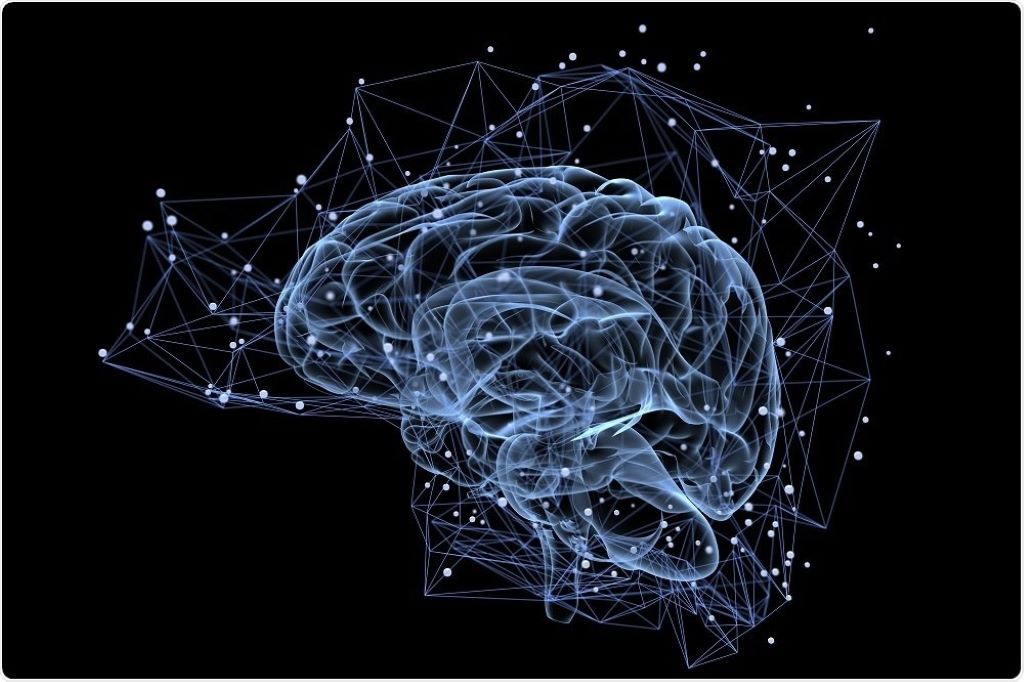Have you ever read a fascinating book, only to find yourself struggling to recall the details a week later? Or perhaps you’ve poured over study notes, yet the information seems to evaporate from your mind during the exam? You’re not alone. Knowledge Keepers, the human brain is a remarkable organ, but it can be notoriously fickle when it comes to retaining information. The good news is, that with the right strategies, you can become a knowledge keeper, effectively storing and retrieving the information you need.
Knowledge Keepers: A Foundation for Learning
Before diving into specific techniques, it’s essential to grasp a few fundamental principles about how the brain learns and remembers.
- Neuroplasticity: Your brain is constantly changing and adapting. Every time you learn something new, neural connections are formed or strengthened.
- Memory Stages: Information passes through three stages: sensory memory, short-term memory, and long-term memory. To truly retain information, it needs to move from short-term to long-term memory.
- Active Recall: Simply reading or listening to information isn’t enough. Actively recalling the information strengthens memory.
Effective Learning Strategies for Knowledge Keepers
Now that we have a basic understanding of how the brain works, let’s explore practical strategies to enhance memory:
1. Spaced Repetition
One of the most effective techniques is spaced repetition. Instead of cramming information into one long study session, spread it out over time. This allows your brain to consolidate the information and move it from short-term to long-term memory. Many apps and digital flashcards use spaced repetition algorithms to optimize learning.
2. Deep Processing
Mere memorization is often superficial. To truly understand and remember information, engage in deep processing. This involves connecting new information to existing knowledge, analyzing, evaluating, and questioning the material. Asking “why” and “how” questions can significantly enhance retention.
3. Elaborative Interrogation
Building on deep processing, elaborative interrogation involves creating meaningful connections between new information and what you already know. For example, when learning about a historical event, consider its impact on current society or relate it to personal experiences.
4. The Power of Visualization
Our brains are wired to remember images more effectively than words. Create mental pictures to accompany the information. For instance, if you’re studying biology, visualize the structure of a cell or the process of photosynthesis. Mind mapping can also be a helpful visual tool.
5. Chunking
Breaking down information into smaller, manageable chunks makes it easier to remember. For example, phone numbers are often grouped into sets of three or four digits. Apply this technique to any complex information you’re trying to learn.
6. Teach It
Teaching someone else what you’ve learned is a powerful way to solidify your understanding. Explaining concepts to others forces you to organize your thoughts and identify any gaps in your knowledge.
7. Practice Retrieval
Regularly testing yourself on the information you’re learning reinforces memory. Practice quizzes, flashcards, and self-testing can all be effective methods.
8. Get Enough Sleep
Sleep is crucial for memory consolidation. During sleep, the brain processes information and strengthens neural connections. Aim for 7-9 hours of quality sleep each night.
9. Exercise and Nutrition
Physical activity and a healthy diet support overall brain health. Regular exercise improves blood flow to the brain, while nutrients like omega-3 fatty acids are essential for optimal brain function.
10. Minimize Distractions
Create a conducive learning environment by minimizing distractions. Find a quiet space, turn off notifications, and focus on the task at hand.
Related: Integrity and Ethical Behavior: The Importance of Trustworthiness in the Workplace
Cultivating a Positive Mindset
A positive attitude is a powerful ally in the learning process. Believe in your ability to learn and remember, and approach challenges with a growth mindset. Celebrate your successes, and view setbacks as opportunities for growth.
Remember, everyone learns differently. Experiment with these techniques to find what works best for you. Consistency is key, so incorporate these strategies into your daily routine. With dedication and practice, you can become a knowledge keeper and unlock your full learning potential. Don’t hesitate to explore Hopehomeschoolconsulting review on knowledge meaning for kids to discover more insights.




